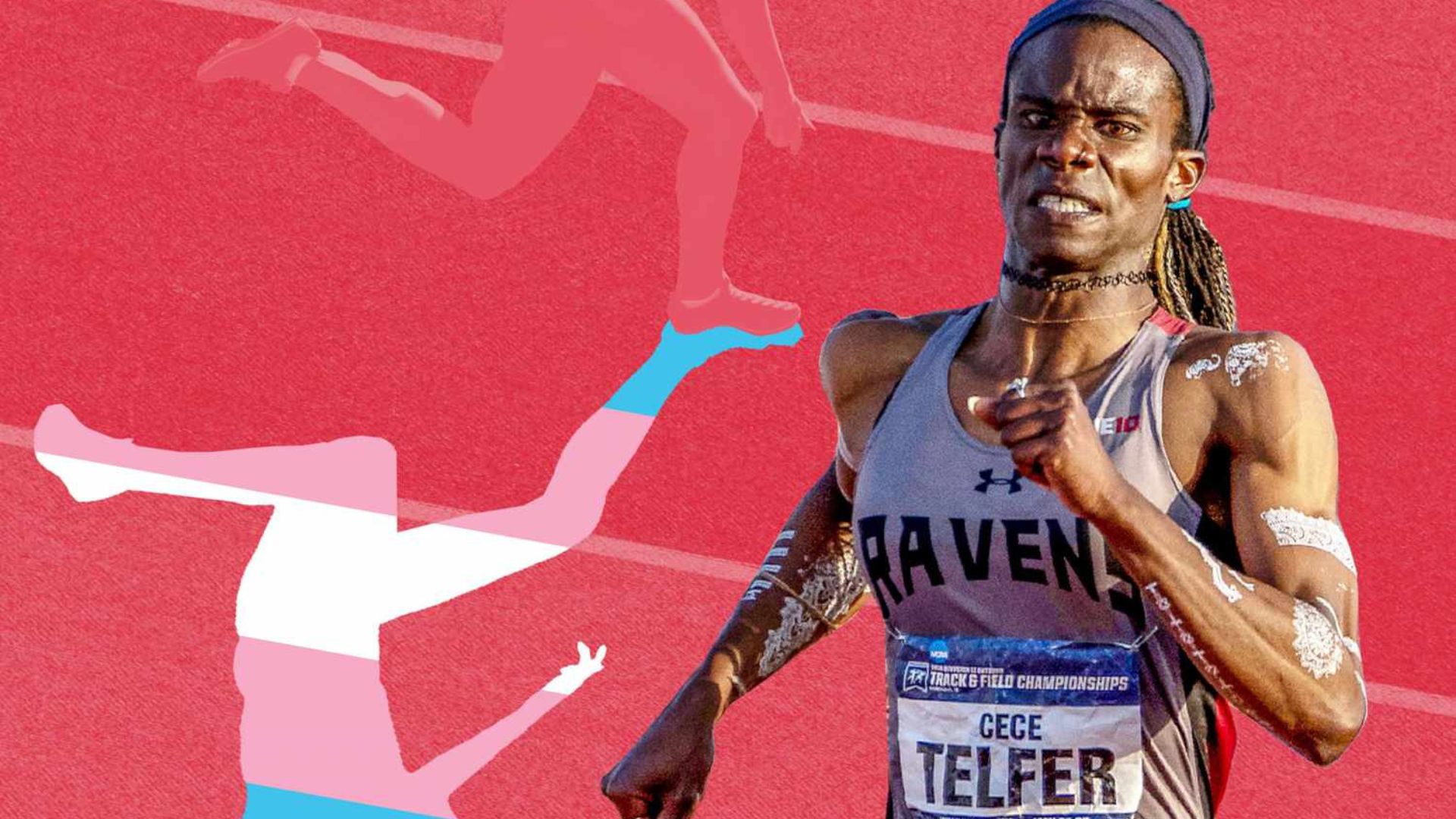Amanda Davies, Aleks Klosok and George Ramsay
Since President Donald Trump’s inauguration in January 2025, the landscape for transgender athletes in the United States has undergone significant and contentious changes. CeCé Telfer, a prominent transgender athlete and the first openly transgender woman to win an NCAA title in 2019, has been vocal about the escalating challenges and overt discrimination she and others in the transgender community have faced during this period.
Escalation of Abusive Rhetoric
In a recent interview with CNN, Telfer expressed that the hostility towards transgender individuals has become increasingly blatant since Trump’s return to office. She remarked, “Each of my identities is a target, especially in America.” This statement underscores the compounded discrimination she experiences as a Black transgender woman athlete. Telfer highlighted that the abusive rhetoric has become “more in my face,” indicating a shift from covert prejudice to overt antagonism. citeturn0search0
Policy Changes and Their Implications
The Trump administration has implemented several policies that directly impact transgender athletes. Notably, President Trump signed Executive Order 14201, titled “Keeping Men Out of Women’s Sports,” which aims to ban transgender athletes from competing on women’s sports teams. This order threatens to revoke federal funding from educational institutions that allow transgender women to participate in women’s sports, citing violations of Title IX. The order does not address transgender men participating in men’s sports. citeturn0search27
In response to this executive order, the National Collegiate Athletic Association (NCAA) announced its compliance, revising its policies to restrict participation in women’s sports to individuals assigned female at birth. This policy change has significant implications for transgender athletes, effectively barring them from competing in categories that align with their gender identity. citeturn0search15
Personal Impact on CeCé Telfer
For Telfer, these policy shifts have not only hindered her athletic career but have also intensified the discrimination she faces daily. She conveyed a heightened sense of vulnerability, stating, “I wake up every day and I have to make sure that I make it home alive.” This sentiment reflects the pervasive fear experienced by many transgender individuals in an increasingly hostile environment. citeturn0search2
Broader Societal Repercussions
The administration’s stance has emboldened certain state officials to pursue further restrictive measures. For instance, the Texas Attorney General filed a lawsuit seeking to mandate gender testing for athletes participating in women’s sports under the NCAA’s new policy. This legal action underscores the escalating efforts to enforce rigid definitions of gender in athletic contexts, often leading to invasive and discriminatory practices. citeturn0news18
Moreover, the Department of Education has initiated investigations into institutions like San Jose State University and the University of Pennsylvania for potential civil rights violations related to allowing transgender athletes to compete on women’s teams. These investigations reflect a broader federal effort to enforce policies that many advocates argue are discriminatory against transgender individuals. citeturn0news24
Community and Advocacy Responses
In light of these challenges, Telfer and other advocates continue to fight for the rights and inclusion of transgender athletes. They emphasize the importance of recognizing transgender individuals’ identities and their right to participate in sports consistent with their gender identity. Advocacy groups argue that policies excluding transgender athletes not only violate principles of fairness and equality but also contribute to the marginalization and mental health struggles of transgender youth.






0 Comments